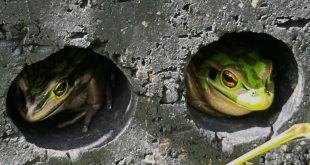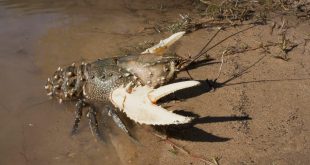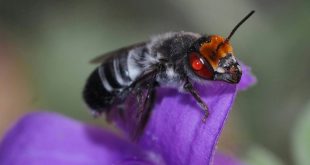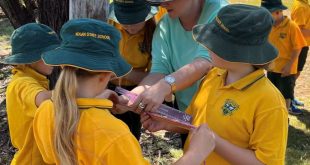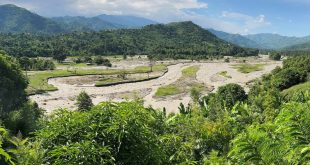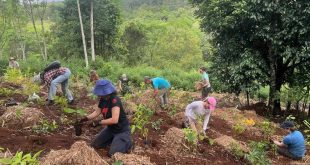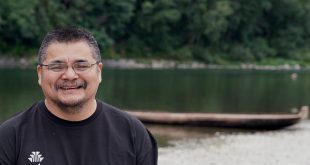New, smart building materials can change some of their properties in response to external stimuli, such as temperature. And they are being incorporated into materials such as bricks and roof cladding to make homes more resistant to heat fluctuations. Find out how they work here.
Read More »Planetary Health Initiative
From frog saunas to butterfly puddles: 8 ways to turn your homes into a wildlife refuge
Native animals can make excellent neighbours. Blue banded bees pollinate our vegetable gardens. Microbats eat up to 1,200 mosquitoes a night and powerful owls keep rodents at bay. But could we go one step further, and change our homes to invite native animals in as housemates?
Read More »Farm it Forward – Cultivating Food Security and Connection for our Community
As global food insecurity increases, research suggests that the ‘planetary health diet’ is one solution. This calls for a shift towards a plant-based diet and more local food production. Local social enterprise Farm it Forward is showing how this can be done in school yards and one backyard after another.
Read More »Turning Sawdust into Gold: How a Blue Mountains Carpenter is Heating Homes and Reducing Waste
Dave Spees, Katoomba-based carpenter and founder of Against the Grain, has turned the by-product of his craft into a sustainable, sought-after winter fuel. His compressed sawdust briquettes are now helping to heat homes across the Blue Mountains, all while dramatically reducing landfill waste.
Read More »The world’s second largest freshwater crayfish was once plentiful in Australia’s longest river – we’re bringing it back
The Murray crayfish disappeared from large parts of its range over the past 40 years. Now a community-driven reintroduction program is bringing the iconic species back.
Read More »Australia’s native bees struggled after the Black Summer fires – but a world-first solution brought them buzzing back
Native bee researcher Kit Prendergast installed a thousand bee hotels in the Jarrah forests of Western Australia following the Black Summer bushfires. Did this intervention work? Read her article here.
Read More »We found a new wasp! Students discovering new insect species through citizen science
Playgrounds can host a variety of natural wonders – and, of course, kids! Now some students are not just learning about insects and spiders at school — they are putting them on the map and even discovering and naming new species.
Read More »Scientists say protected areas need ‘climate-smart’ planning to survive climate change
Protected areas such as national parks, nature reserves and Indigenous lands are the foundation of biodiversity conservation. However, climate change is threatening their effectiveness in safeguarding wildlife, ecosystem services and livelihoods.
Read More »Habitat restoration is a long-haul job. Here are three groups that have endured
Like ferns and the tides, community conservation groups come and go. Many achieve their goal. Some groups peter out while others endure, tackling the ecological problems facing today’s Australia. Explore what works, and why, here.
Read More »Yurok Nation victory reclaims vital creek and watershed, restoring major salmon run
The Yurok, California’s largest Indigenous tribe, are restoring health to what was once the third-largest salmon run on the US West Coast. But to do so, they first had to buy back the watershed from a timber company for US$60 million. It took them two decades to raise the funds.
Read More »
